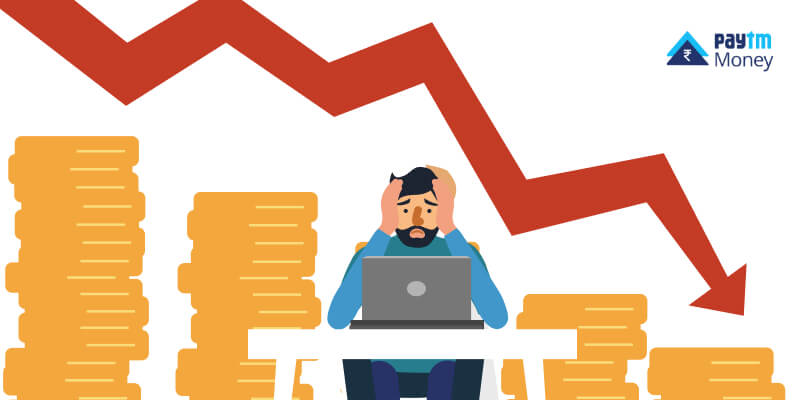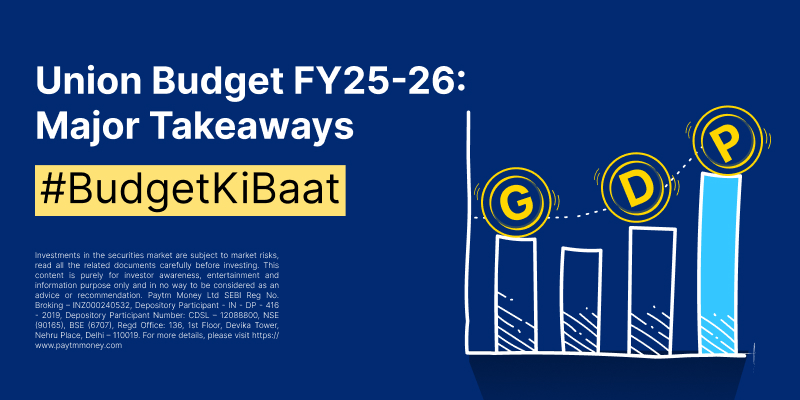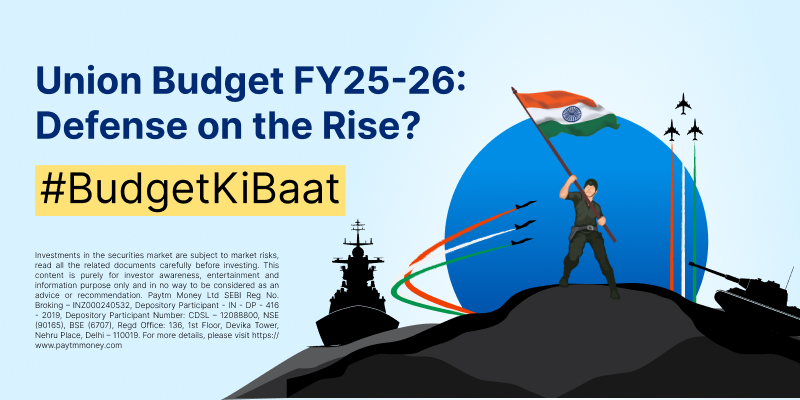Russia-Ukraine Crisis And The Market2 min read
Global markets plunged on Thursday, with investors worried after Russia began a military attack on Ukraine.
Russian President Vladimir Putin on February 24 ordered a military operation in Ukraine, launching an all-out invasion of the country.
Following the news, benchmark indices in India saw massive losses, falling more than 4% on Thursday, ending in the red for the seventh consecutive trading session.
Sanctions announced by US and other Western countries on Russia could hurt global trade, and potentially cause a ripple effect in the Indian market.
Global markets, too, are currently weak, with investors concerned about inflation, and that the crisis could cause oil prices to skyrocket.
The Nifty and Sensex have seen high volatility recently due to uncertainty about the geopolitical scenario. The indices have lost more than 1% each in February.
1. Impact on oil prices
Oil prices surged to a seven-year high, due to concerns that the crisis could disrupt supply of the commodity. Russia is one the world’s largest oil producers, exporting large quantities to the US and European Union.
For India, Russia is not a major source of oil. According to a report by Business Standard, India imported 43,400 barrels per day of oil from Russia in 2021 (about 1% of overall its imports)
This rise in crude oil prices could potentially impact petrol and diesel prices in India as well, though that hasn’t happened yet. Fuel prices across India have been unchanged for the past 110 days.
2. What other factors are moving the market?
While the Russia-Ukraine crisis is the most crucial factor that is moving the Indian market this week, it is not the only reason for the volatility.
Investors still need to keep an eye on the other factors, such as:
- Selling by foreign institutional investors (FIIs)
- Ongoing Assembly polls
- F&O expiry on Thursday
- US inflation
3. What should investors do?
Remember that the market will go through ups and downs, so it’s important not to react impulsively. Sometimes, not doing anything might be the right thing to do!
If you have a diversified portfolio, that will protect you when the market is going through a bad patch.
Discipline and clarity of thought will help you make the best decisions for your portfolio. In this blog post, we give you a few more suggestions on things to avoid in a bearish market that could help.
Do watch this space for more updates on the market.
Disclaimer: This content is purely for information purposes based on publicly available data and in no way to be considered as advice or recommendation.




